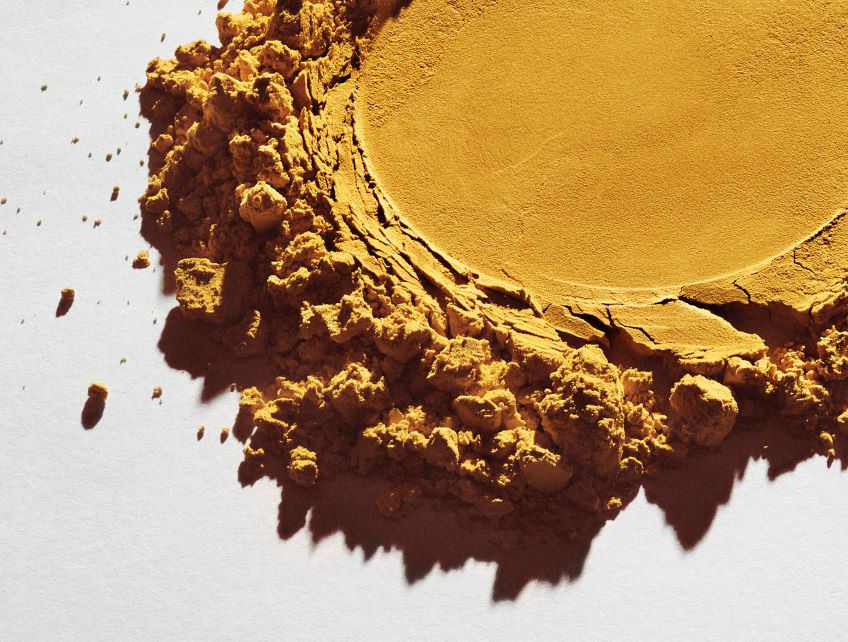Europe wants astronauts to produce food from their own pee
Europe is preparing to test a space food technology that can turn carbon dioxide, electricity, and even astronaut urine into edible protein. The goal is to help future crews on the Moon or Mars become less dependent on supply missions from Earth.
The European Space Agency (ESA) is working with the Finnish company Solar Foods to produce Solein, a powdered protein made through gas fermentation. The initiative, part of ESA’s Terrae Novae Exploration Programme, aims to support long-duration missions where transporting food is either too expensive or technically impossible.

Solein is 78% protein, 6% fat (primarily unsaturated fats), 10% dietary fibres, 2% carbohydrates and 4% mineral nutrients. It is also a good source of micronutrients like iron (1,1g/kg) and vitamin B12 (50 µg/kg).
Solein contains all of the nine essential amino acids that are required by the human body, Solar Foods assures.
Today, astronauts on the International Space Station (ISS) rely almost entirely on resupply from Earth. ESA wants to change that by creating onboard food systems that use resources already available in spacecraft or habitats.
More to read:
Study finds delicious food to be linked to Alzheimer’s disease
“This project aims at developing a key resource which will allow us to improve human spaceflight's autonomy, resilience and also the well-being of our astronauts,” Angelique Van Ombergen, ESA’s chief exploration scientist, was quoted as saying in an ESA statement.
She noted that long missions to the Moon or Mars “will require innovative and sustainable solutions to be able to survive with limited supplies.”
Turning microbes, CO₂ and urine into protein
Solein is produced when microbes convert gases into a nutrient-rich powder. On Earth, the system uses ammonia as a nitrogen source. In space, that nitrogen would come from urea — a major component of urine — making the process more self-sufficient.
Solar Foods has already demonstrated Solein production on the ground, but space poses new challenges. Microgravity affects how gases and liquids move, which could influence how the microbes grow.
More to read:
Fried foods linked to increased risk of anxiety and depression, study finds
“The aim of the project is to confirm that our organism grows in the space environment as it does on the ground, and to develop the fundamentals of gas fermentation technology to be used in space — something that has never been done before in the history of humankind,” said Arttu Luukanen, senior vice president of space and defense at Solar Foods.
Luukanen noted that “the behavior of gases and liquids in microgravity is vastly different due to lack of buoyancy, which can drastically affect the transport of nutrients and gases for Solein microbes.”
Preparing for the first space tests
Over the next eight months, Solar Foods will work with the German aerospace contractor OHB System AG to adapt the system for eventual testing on the ISS. If successful, it would be the first demonstration of gas fermentation in orbit using inputs like urea.
Beyond spaceflight, the technology could also have uses on Earth, especially in remote regions where food production is limited.
More to read:
Tech startup transforms plastic waste into edible biomass
According to Solar Foods, Solein can be grown anywhere in the world, providing a secure supply of protein. Its production can easily be scaled and the price of renewable energy is rapidly dropping.
As for its taste, Solein has been successfully tested in multiple foods with different tastes and textures, ranging from alternative meat to noodles to ice cream. No issues found, the producer promises.








